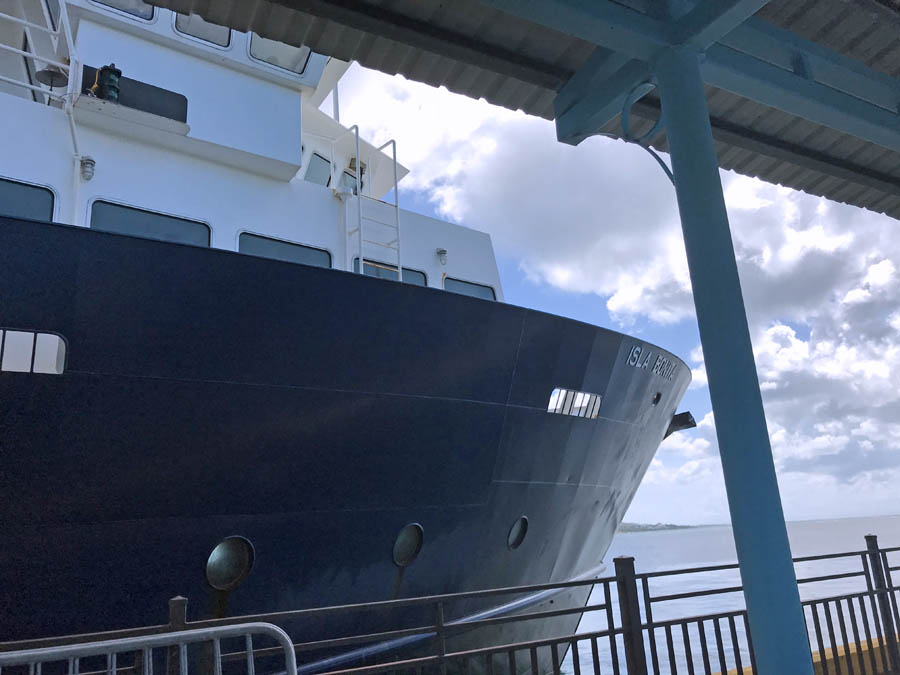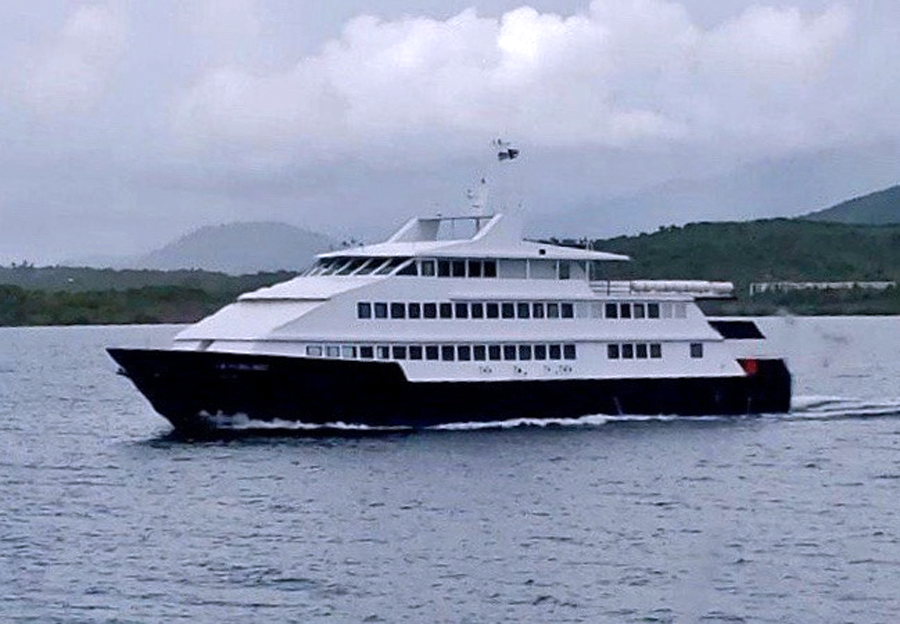Ferry rates for trips between Puerto Rico-Vieques-Culebra will increase with privatization

The rates charged to take the ferry between Puerto Rico and its island municipalities of Vieques and Culebra will begin increasing gradually after the service is transferred to a private operator, Public Private Partnership Authority Executive Director Omar Marrero confirmed.
In an interview during the “En Una Hora” program on 11Q 1140 AM — in which News is my Business participates — Marrero said negotiations with the company that has been chosen to take over the ferry service and operation are moving briskly.
Although he refrained from revealing which proponent had been chosen from a list of five companies on a short list announced late last year, this media outlet learned negotiations are underway with HMS Ferries Inc., based in Bainbridge Island, Washington.
“We have chosen our preferred proponents, of which there are two. We do that so if the negotiations fall through with the first choice, then the MTA would negotiate with the other company,” he said, adding the contract should be signed before year’s end.
“They have received a draft of the contract, and they will be coming to Puerto Rico soon to sit down with us,” Marrero said. “This is a priority for us.”
During the first three of the proposed 23-year public-private partnership, the government will begin phasing out the hefty subsidies it provides to the Maritime Transportation Authority to run the service.
The ferry service has been a money-losing proposition for 25 years, costing the government $40 million a year — which come from the Commonwealth’s General Fund, he said. The MTA receives just $5 million in revenue from ticket sales.
“All transportation systems in the world are highly subsidized and this is not the exception. But during the first three years of the contract, we have to make sure the transition is done responsibly and successfully,” he said.
“We’re not just talking about a service and an asset, but about turning it over to a private operator for a long period of time. So, we have to make sure we can agree on something that will enable that optimum service that we want in maritime transportation,” Marrero said.
At the end of the initial three-year term, the government will transfer the “demand risk” to the private operator, which in turn will have to look at other aspects of the operations to generate revenue. That may come from concessions or parking rates, among others, Marrero said.
“This is going to be an evolutionary process — we’re changing what has been the MTA’s business model for the last 25 years,” Marrero said. “There will be hiccups, stumbles, people who believe that we’re going to fail, but at the end of the day, we’re convinced that the model that has been used for the last 25 years has been deficient and subpar and not in the best interests of the residents [of the islands,] the visitors, and much less of the tourists.”












There in no way for PR to avoid cost of subsidies, which can only grow because there is no inducement to contain costs for profit to maintain viability, but one! Get out of the transportation business! Let private enterprise compete. Allow multiple operators to arm its own security force that protects corporate assets including a reputation of protecting passengers and cargo.
It will not cost private operators $40 million a year unless users can pay it. Competitors that wish to charge not $5 mllion but some multiple of it will go out of business. Passengers will find the operator that works best on their own. No contract with government corruption is needed.
Of course, business prefers to be regulated and if they can depend on subsidy, that contract rules out competition. Freedom demands protection from regulation including cost of inspectors, regulators, taxes, and all other expenses not needed to convince users that its up to them to find best answer for their choice of living where they are.
If Uber cars are accepted, why not Uber yachts towing cars on barges and people on deck or wherever ticket directs.